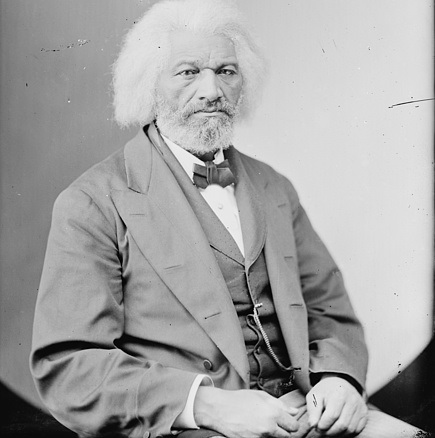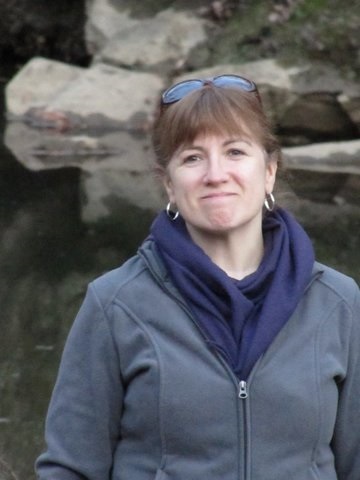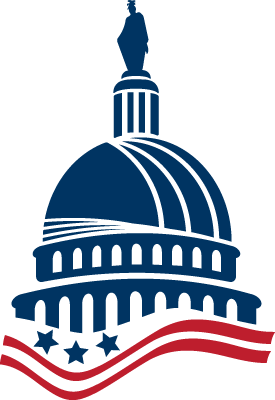
This event is free and open to the public.
A defier of convention in so many ways, Frederick Douglass was already a statesman, an unofficial ambassador abroad, and a presidential adviser before he moved to Washington. Douglass settled in the capital after the Civil War for the deliberate purpose of helping to influence the course of federal Reconstruction policy. While the extent of his success in that regard is hard to measure and no doubt proved limited, his impact on a number of vital public issues endures.

A J Aiséirithe is a historian of the United States, specializing in the Civil War and Reconstruction Era. She is currently Founding Director of the Frederick Douglass Bicentennial Community, a project to connect the commemorations that will take place around the globe in 2018 and build an enduring global Douglass Society. During the Lincoln Bicentennial, she served on the Papers of Abraham Lincoln Project at the Library of Congress. She then conceived and directed the Wendell Phillips Bicentennial Commemoration, a public history and humanities festival at Harvard University. For the culmination of that project, she co-edited a volume of new scholarship on Phillips, titled Wendell Phillips, Social Justice, and the Power of the Past, published by Louisiana State University Press in 2016. Her current book manuscript, The Car of Human Freedom: Abolitionism, Woman Suffrage, and the Problem of Radical Politics, 1854-1872, is in progress. She is a distant relative of the Quaker abolitionist Joseph Carpenter, who welcomed Douglass as a guest at his farm in Westchester, New York in the 1840s.




